In the year that marks the 40th anniversary, INESC TEC challenged four Portuguese start-ups to spend an hour debating with the Institute’s researchers, sharing their stories and explaining the path they followed to reach the market. After all, what does the journey of an entrepreneur look like? This was the question that the Entrepreneurship Talks cycle aimed to explore.
Being an inspiring and enabling force – mobilising science and digital-based technologies to meet society’s challenges – is INESC TEC’s vision. Over the past four decades, much of the knowledge generated within the institution’s walls has led to the creation of companies. Today, it features more than a handful of active spin-offs (six in total), and the goal is to foster an entrepreneurial community to increase impact on society.
For this reason, the Institute invited four national start-ups – two of them established in INESC TEC – to take part in the Entrepreneurship Talks 2025 series. Seedsight, Amparo, LTP Labs and AddVolt met with the Institute’s community to share their stories and answer questions about the path from scientific discovery to business creation.
The series opened with a session featuring Joana Paiva and Gonçalo Ramos, two of the founders of Seedsight, a INESC TEC spin-off that developed a technological platform using blockchain, Artificial Intelligence and optical sensors to provide the agro-food chain with data on the quality, origin and yield of cereals, helping to reduce waste, tackle fraud and improve the efficiency of raw-material purchasing. Recently, the company – incubated at UPTEC – raised €1.78M for the commercial and operational development of said technology.
After Seedsight, it was time to learn, through the story of Adapttech, how a master’s thesis led a group of students to take a solution out into the world. This medical start-up applies AI to lower-limb prosthetics and was recently acquired by Amparo. Frederico Carpinteiro, founder of Adapttech and now CEO of Amparo, described what it was like to establish a high-impact start-up in the academia context, and how challenges in prototyping, certification and intellectual property proved critical to success in tech-based entrepreneurship.
The next session featured Bernardo Almada Lobo, co-founder of LTP Labs and former member of INESC TEC’s Board of Directors. LTP Labs (also an INESC TEC spin-off) is now a national and international success story in data science and decision analytics and has become a reference in the use of advanced analytical models to support decision-making in areas like supply chain, production planning, pricing and revenue management. After 10 years, LTP Labs supports more than 100 clients, employs over 100 people, and grows between 30 and 40% each year.
AddVolt, a Portuguese start-up also born from an academic project and now part of Carrier, a global leader in climate and energy solutions, was the last to join the series, in a session held not at INESC TEC’s headquarters but at the Robotics and Autonomous Systems Laboratory at the School of Engineering of Porto. AddVolt’s technology makes refrigerated lorries cleaner and quieter, saving fuel and reducing CO₂ emissions. Bruno Azevedo, the company’s founder and CEO, spoke about the different stages of the company’s journey, focusing on the importance of listening to and spending time with customers, close to their real problems – that is, the customer discovery process.
“These were four truly inspiring sessions, during this initial period of INESC TEC’s new Entrepreneurship and Spin-offs Office. We are fortunate to have excellent cases in the Porto ecosystem. Bringing people together around stories and lessons learnt is, in our opinion, an excellent way to strengthen this entrepreneurial community. The proximity of these start-ups to today’s major challenges inspires INESC TEC to generate more disruptive science, while encouraging researchers to take steps towards entrepreneurship. There are talent and strong science on one side, and social challenges and opportunities on the other. It’s up to us to build the bridge between them – and to be one of the major support pillars,” said Daniel Vasconcelos.
According to the head of INESC TEC’s Technology Transfer Office, the goal of the Entrepreneurship Talks was not only to inspire the INESC TEC community, encouraging more ideas to move from the lab to the market, but also to boost the creation of an active entrepreneurial community and, through it, increase the impact of science on society.
“In addition to this lecture series, we’re already planning other sessions on more challenging topics for start-ups, like regulation, certification, intellectual property or standards. We will focus on training, sharing good practices and bringing together critical mass to tackle more complex sectoral challenges,” he added.

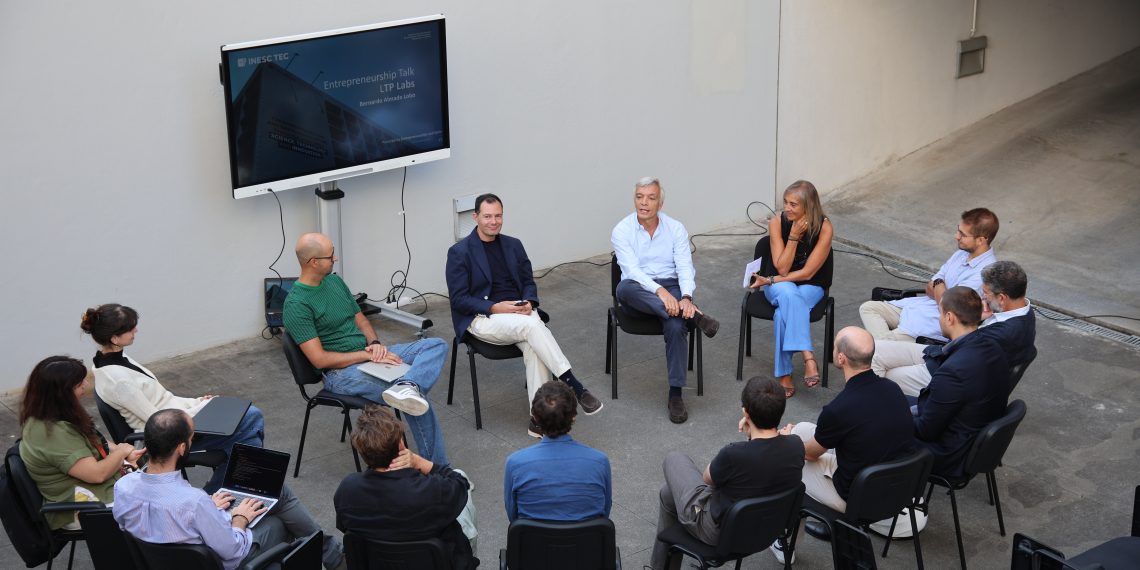
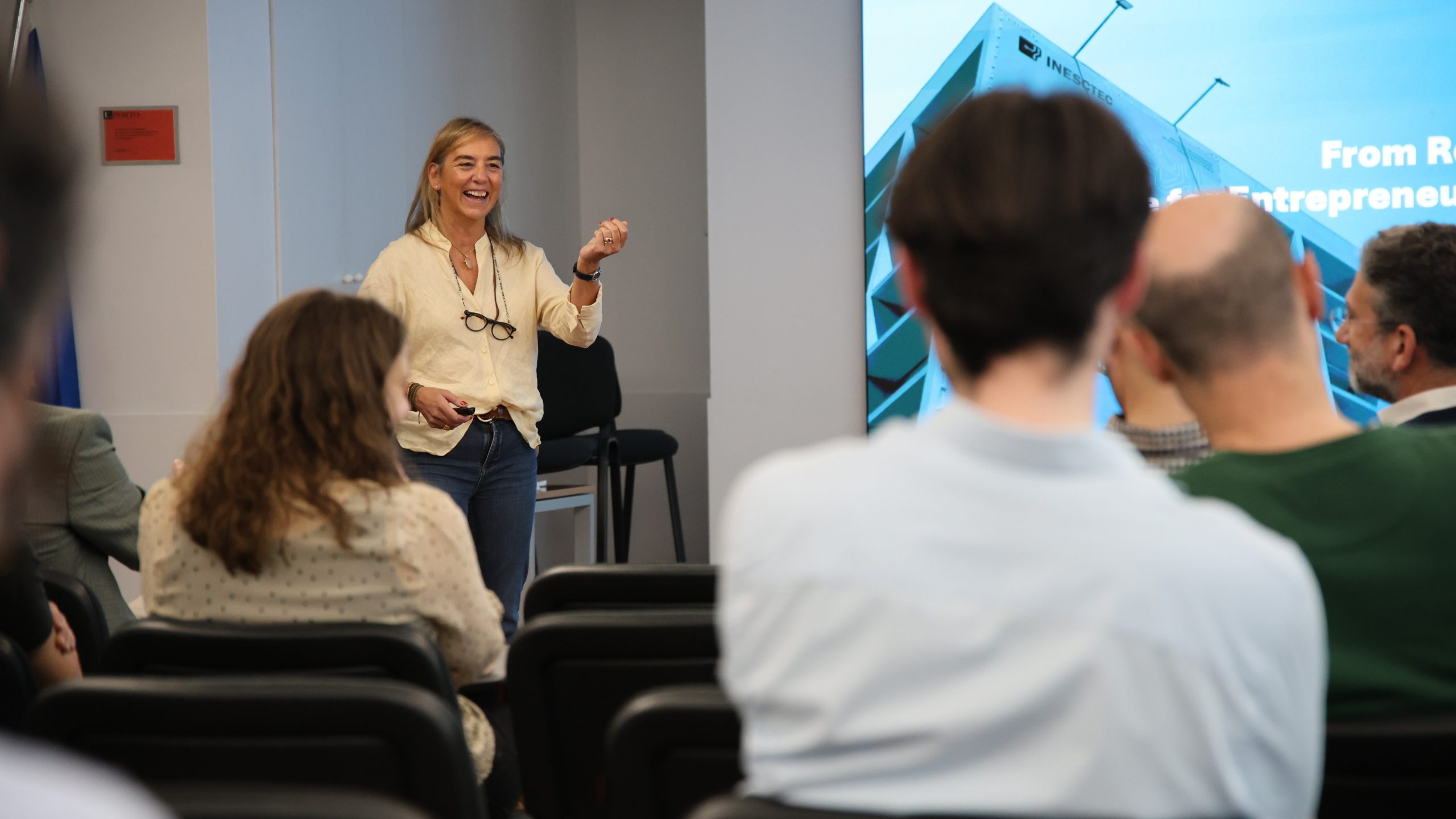
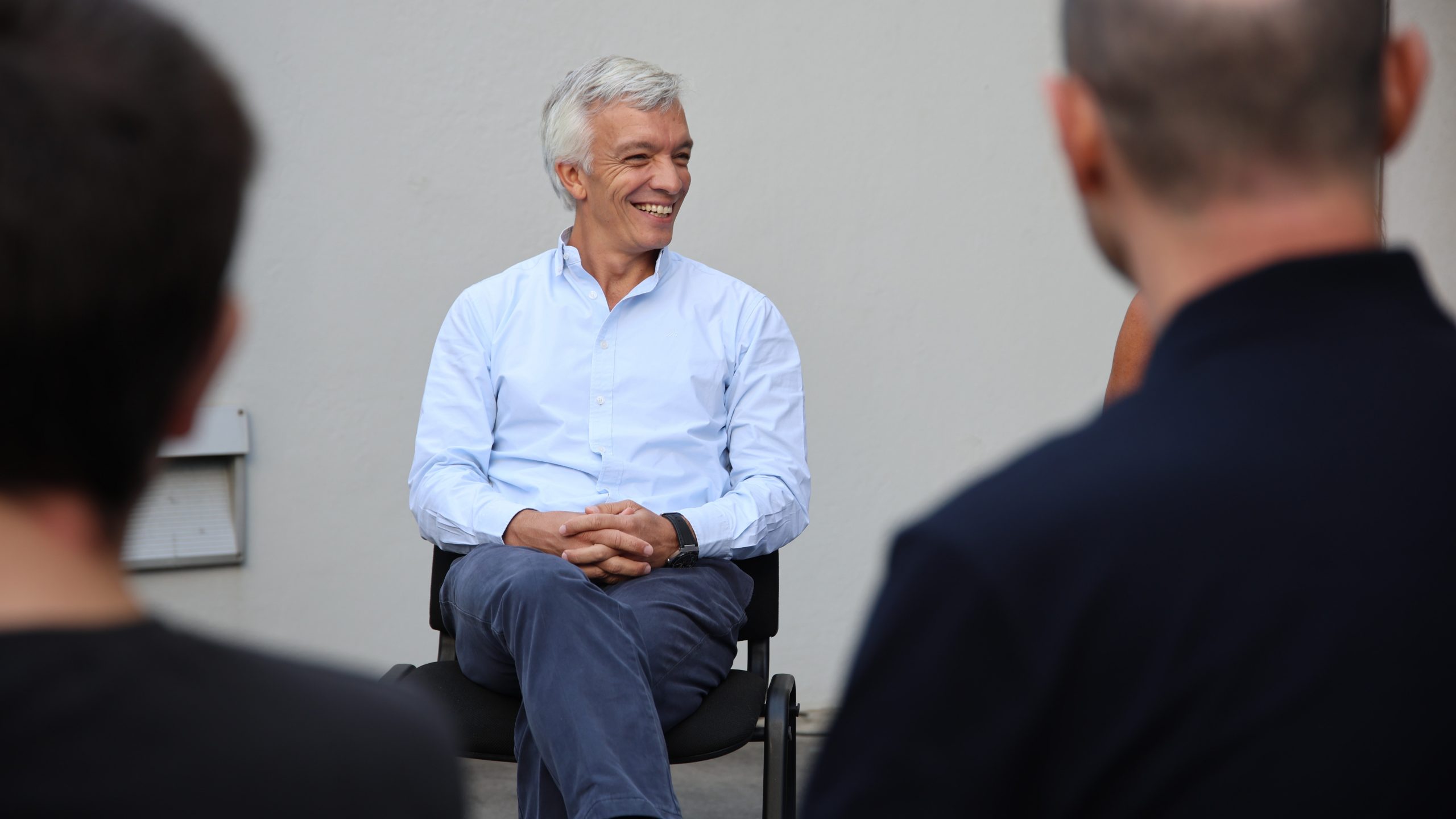
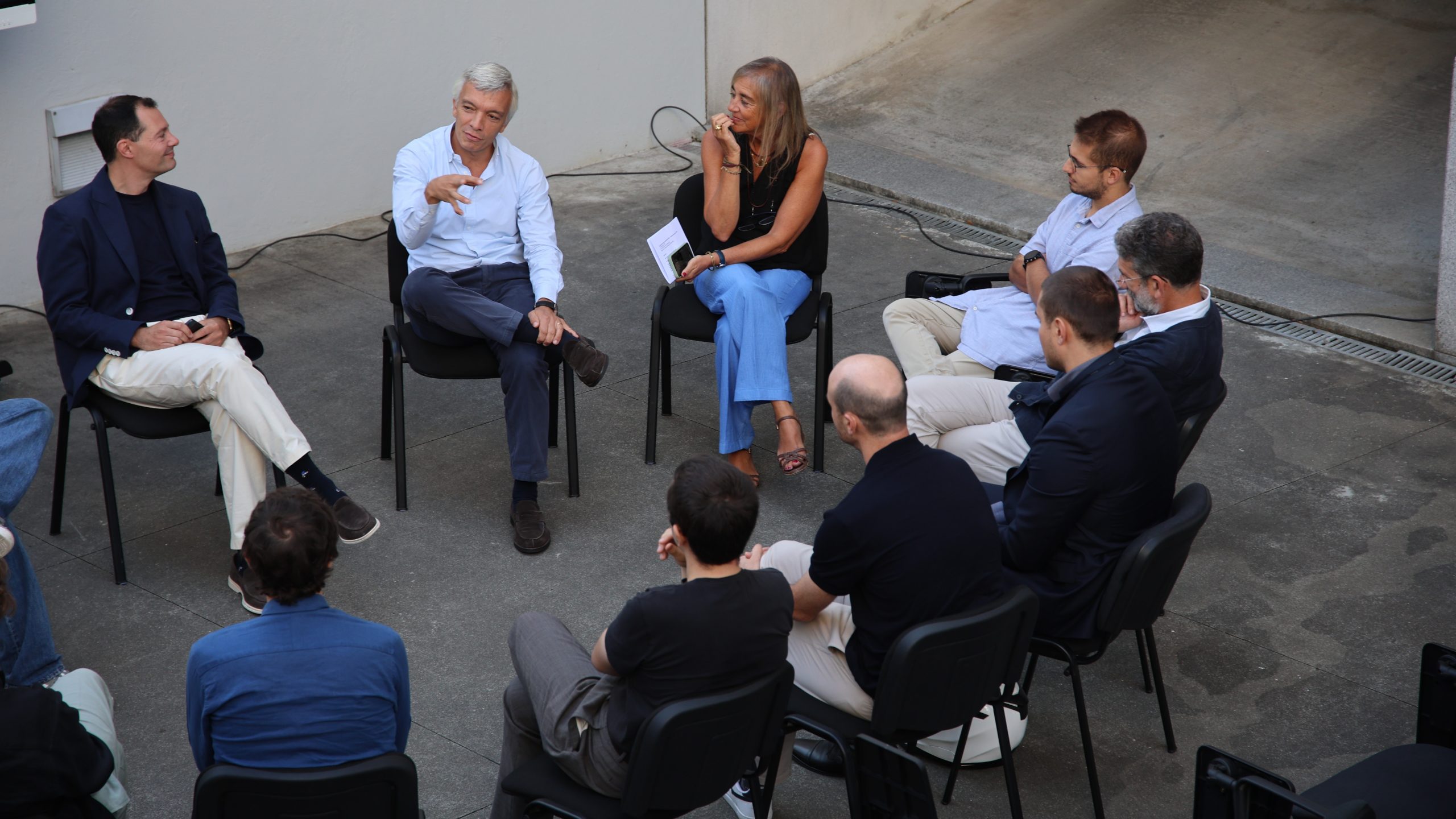
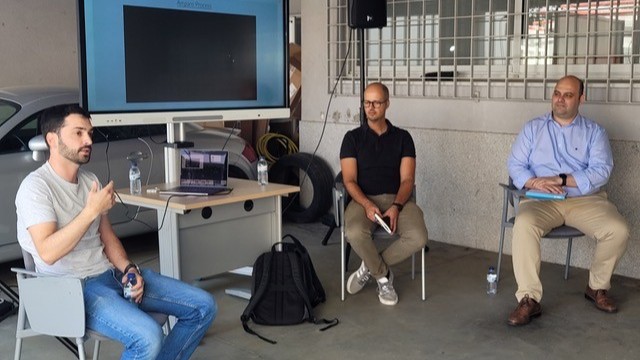
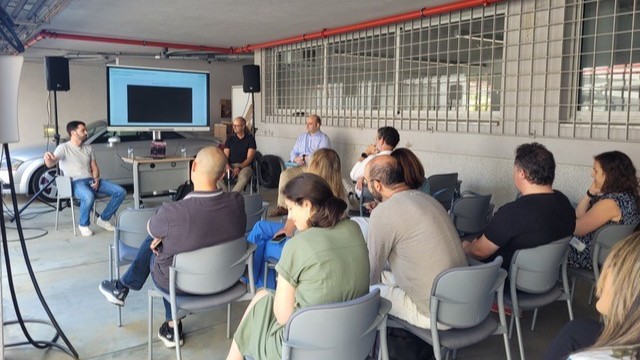
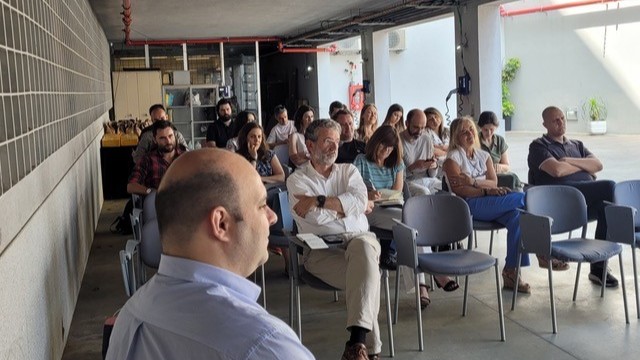


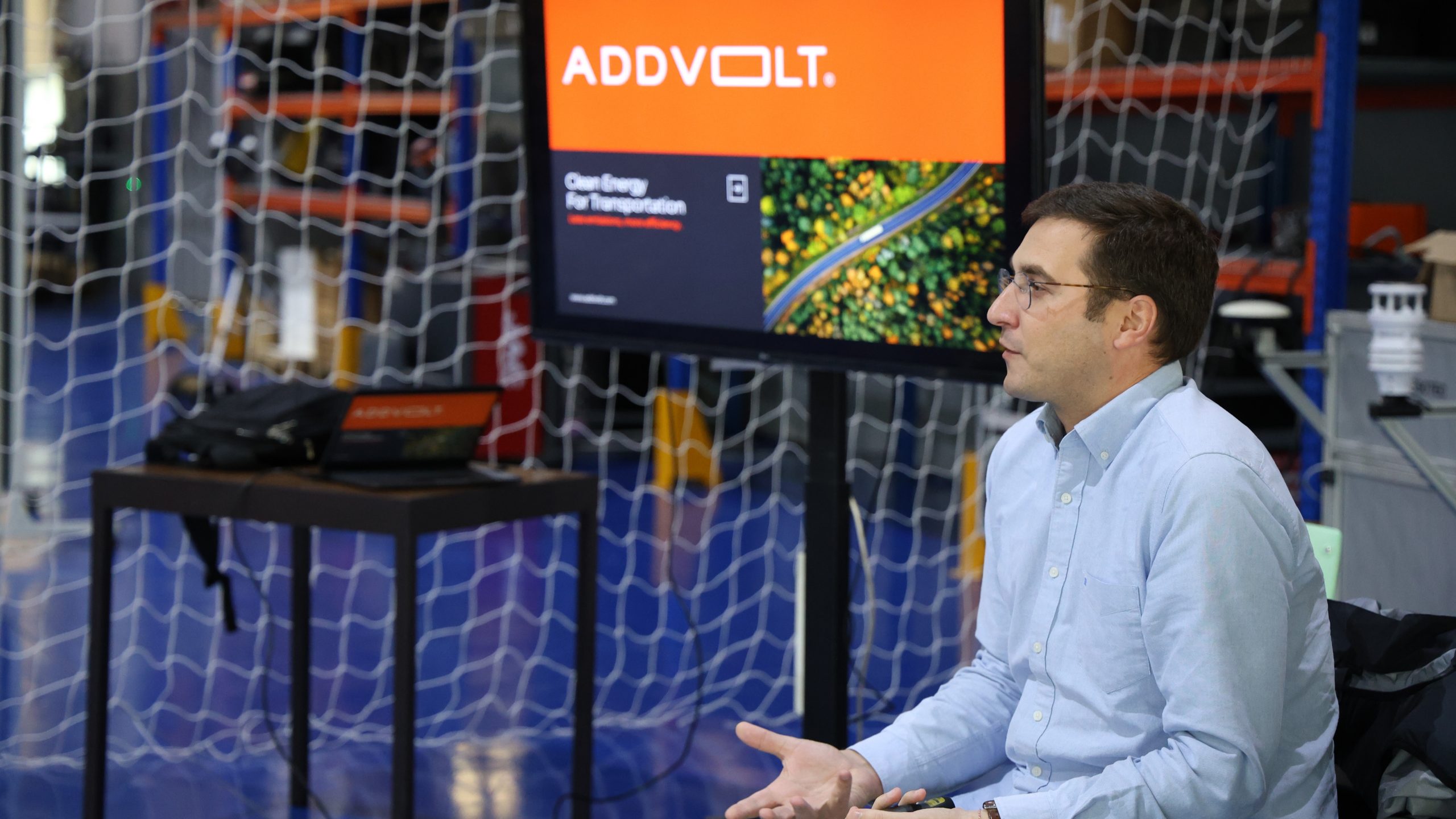
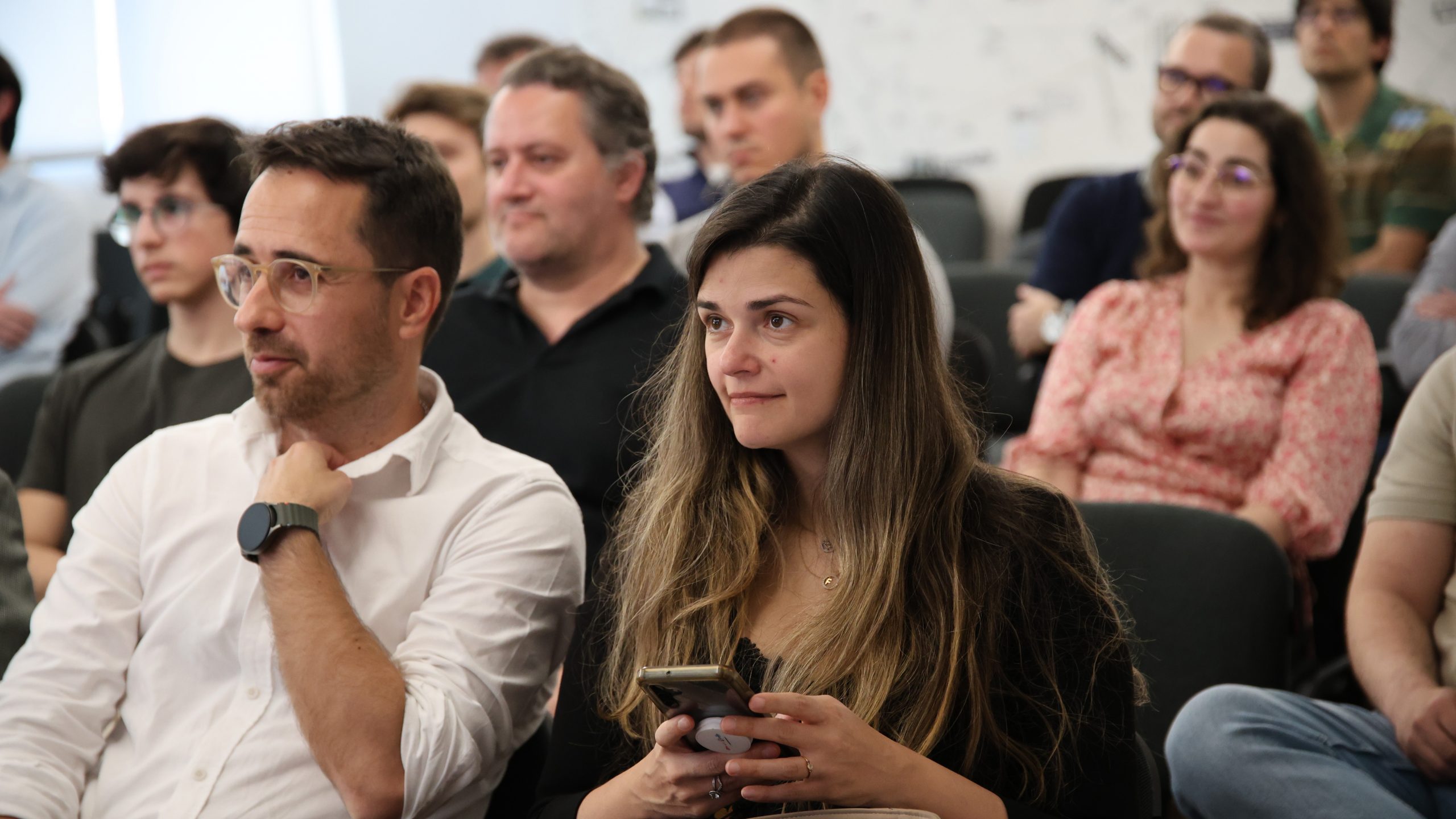
 News, current topics, curiosities and so much more about INESC TEC and its community!
News, current topics, curiosities and so much more about INESC TEC and its community!